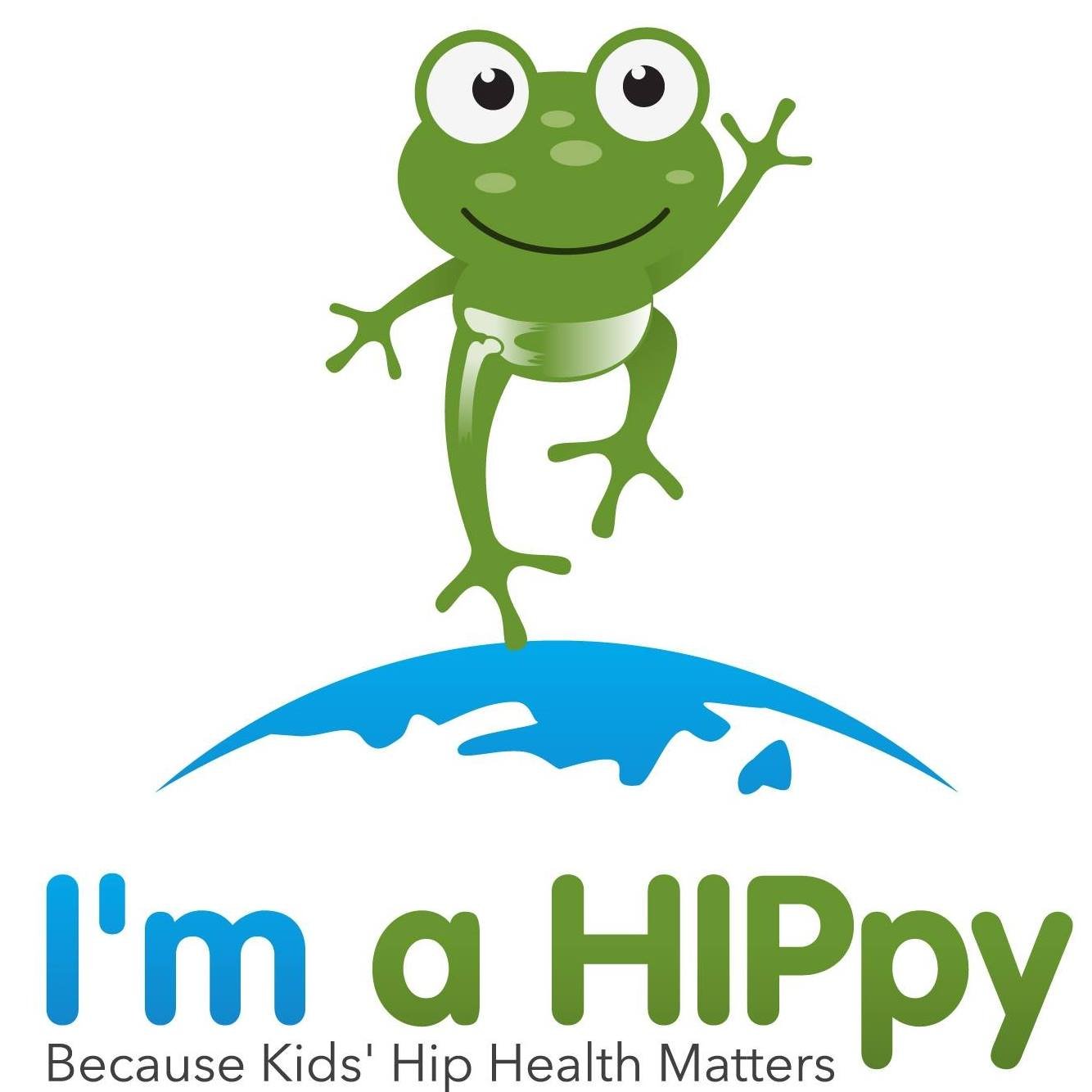Establishing Patient/Family-Partner Hip Dysplasia (DDH) Focus Groups
The Hippy Lab at BC Children’s Hospital wants to better understand how patients and their families have been impacted by hip dysplasia.
WHY?
We aim to provide resources that can help patients and families along the DDH care journey.
HOW?
We can begin identifying knowledge gaps through direct discussion in focus groups with patients and families.
SIGNIFICANCE
We need to engage with patients and their families to better understand their lived experiences.
The goal of forming focus groups with patients with DDH and families caring for children with DDH is to gain an understanding of the existing knowledge gaps that could be addressed with improved educational resources or through research and to understand the patient care journey through a variety of scenarios. The information gained from DDH focus groups will also be used when implementing a DDH advisory committee that will assist in codeveloping research priorities and focus the direction of the lab’s research and educational efforts.
THANK YOU TO OUR SUPPORTERS!
This work is generously supported by a Michael Smith Health Research BC Convening and Collaborating grant, in addition to support from the I'm a HIPpy Foundation.
Contributors
The success of this project is driven by the dedication of individuals who bring diverse expertise and perspectives to the table.
Key contributors include Emily, Bryn, Duneesha, Regina Wilken from I’m a HIPpy, and our Hippy Ambassadors!
-
Head - Hippy Lab
Pediatric Orthopaedic Surgeon, BC Children’s Hospital, Professor, Head of the Department of Orthopaedics, University of British Columbia, Principal Investigator for Global Hip Dysplasia Registry (GHDR) and SLIP Registry
Principal Investigator
-
Research Director
Collaborator and co-lead in the project
-
Research Associate
Collaborator and co-lead in the project
-
Graduate Student Trainee
Master’s student focusing on Knowledge Translation (KT) initiatives and patient & family engagement











